Waste Pollution

How do clean production technologies help reduce waste and pollution ?
Clean production technologies are vital in reducing waste and pollution. They achieve this through energy efficiency, resource efficiency, improved waste management, pollution control, and a holistic approach to sustainability via life cycle assessment. By implementing these technologies, industries can operate in a more sustainable manner, minimizing their environmental impact.
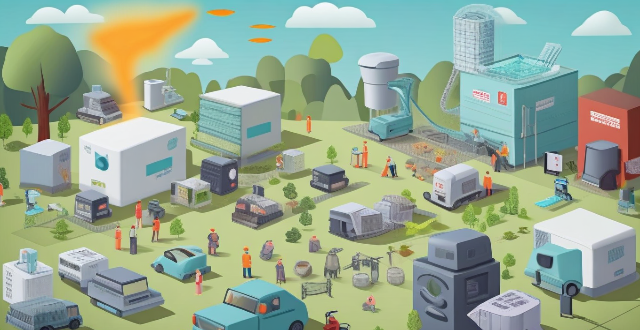
How does proper waste management aid in saving energy and reducing pollution ?
Proper waste management is crucial for conserving energy and reducing pollution. It involves strategies like composting organic waste to reduce methane emissions, enhancing recycling to save energy in manufacturing new products, preventing environmental pollution through proper disposal, promoting sustainable practices like reduce, reuse, and recycle, and supporting the circular economy model. By adopting these measures, we can move towards a more sustainable future that conserves resources and protects our planet.

How can governments implement policies to reduce plastic waste and pollution ?
Governments can implement policies to reduce plastic waste and pollution by banning single-use plastics, promoting recycling and composting programs, encouraging sustainable packaging practices, educating the public about plastic pollution, and collaborating with other countries and international organizations.

Can circular economy policies help reduce waste and pollution ?
Circular economy policies can significantly reduce waste and pollution by promoting reuse, recycling, and cleaner production methods. These policies incentivize businesses to design products that are easier to maintain and recycle, support sustainable business models like leasing and Product as a Service (PaaS), and encourage consumers to make environmentally friendly choices. Through such measures, the need for new raw materials decreases, energy consumption is reduced, and waste is diverted from landfills, all of which contribute to lower emissions and a cleaner environment.
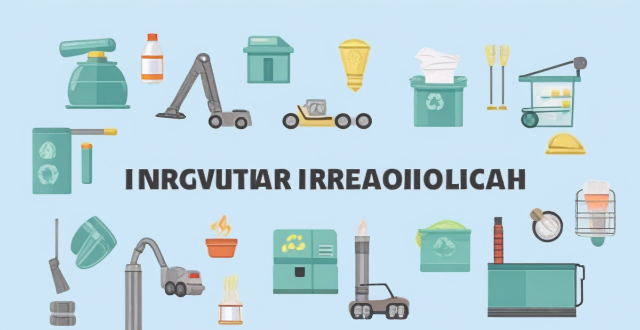
What are some innovative solutions for controlling plastic pollution in developing countries ?
The text discusses innovative solutions for controlling plastic pollution in developing countries, including promoting recycling and waste management, encouraging alternative packaging materials, educating the public on plastic pollution, implementing bans on single-use plastics, and investing in research and development.
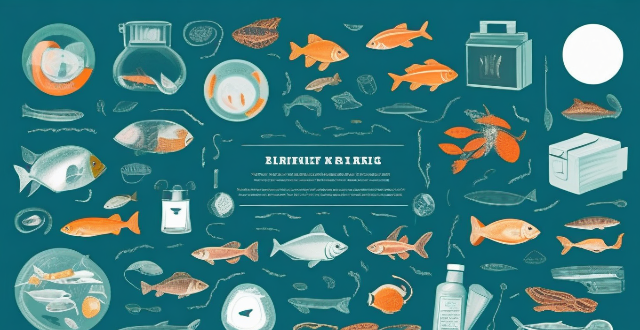
How does plastic pollution impact marine life and ecosystems ?
The text discusses the impact of plastic pollution on marine life and ecosystems, including entanglement and ingestion by animals, chemical pollution from toxic additives, habitat destruction, food chain disruption, economic impacts on tourism and fishing industries, aesthetic and cultural impacts on coastlines and ocean environments, and solutions and mitigation efforts such as reducing plastic use, improving waste management, cleanup campaigns, education and awareness, policy changes, and research and innovation.

Can green packaging reduce waste and pollution ?
Green packaging aims to reduce environmental impact by using sustainable materials. It can decrease landfill waste, energy consumption, and pollution but faces challenges like cost, durability, and recycling infrastructure. To maximize its benefits, companies should research eco-friendly materials, design recyclable packages, educate consumers, collaborate with stakeholders, and continuously monitor their practices.

What are the benefits of waste reduction for the environment ?
Reducing waste is crucial for preserving our planet's health and ensuring a sustainable future. Here are some key benefits of waste reduction for the environment: * Reduced Landfill Space * Conservation of Natural Resources * Decreased Pollution * Climate Change Mitigation * Preservation of Wildlife Habitats * Economic Benefits

How does waste reduction contribute to a circular economy ?
The transition to a circular economy is significantly influenced by waste reduction, which encompasses various strategies like reusing products, recycling materials, and promoting resource efficiency. These practices help in conserving natural resources, reducing pollution, creating economic opportunities, and fostering sustainable consumer behavior. Governments and businesses play a crucial role in driving waste reduction through policy initiatives, technological innovations, and sustainable supply chain management. Community engagement and public awareness further support this shift towards a more sustainable economic model.

What are the challenges faced by recycling facilities in controlling plastic pollution ?
Recycling facilities face numerous challenges in controlling plastic pollution, including logistical issues in collection and sorting, technological and economic constraints in processing, environmental concerns, and the need for public education. Addressing these challenges requires collaborative efforts from governments, industries, and individuals committed to reducing plastic pollution through effective recycling strategies.
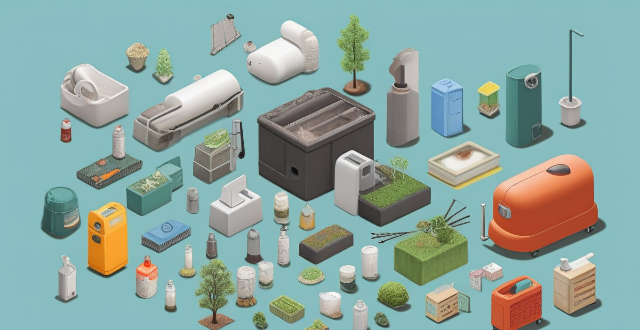
What is the role of businesses in controlling plastic pollution ?
Businesses have a crucial role in controlling plastic pollution. They can reduce plastic production by switching to biodegradable materials and improving recycling efficiency. Promoting sustainable practices, such as encouraging consumer responsibility and partnering with environmental organizations, is also essential. Investing in research and development for alternative products and improved recycling technologies further helps control plastic pollution. Businesses that prioritize sustainability will likely see long-term benefits in profitability and reputation.
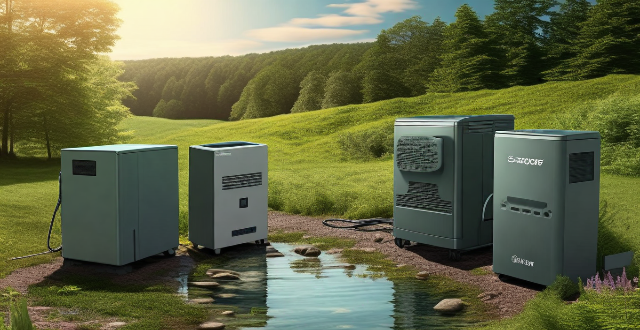
How does electronic waste affect the environment if not recycled ?
Electronic waste, or e-waste, refers to discarded electronic devices such as computers, smartphones, and televisions. Improper disposal of these items can have severe consequences for the environment, including the release of toxic chemicals into soil, water, and air. These chemicals can cause health problems for both humans and wildlife. Non-recycled e-waste also occupies valuable landfill space and contributes to soil contamination, water pollution, and air pollution. Proper recycling of electronic waste is essential to protect the environment and human health, conserve natural resources, and minimize the impact on landfills.

What are some innovative technologies being used for waste reduction ?
Innovative technologies are being developed to address the critical issue of waste reduction, including anaerobic digestion, recycling and upcycling, composting, incineration with energy recovery, zero waste practices, IoT and smart waste management, circular economy models, and biodegradable and compostable materials. These solutions aim to minimize environmental impact and promote resource conservation.

How can individuals contribute to reducing plastic pollution in their daily lives ?
Reducing plastic pollution requires individual effort and collective action. Here are key steps to minimize your plastic footprint: 1. **Bring Your Own Reusable Bags**: Avoid single-use plastic bags by carrying reusable shopping bags made from durable materials. 2. **Use Refillable Water Bottles**: Invest in a high-quality, BPA-free refillable water bottle to avoid buying bottled water. 3. **Say No to Single-Use Plastic Utensils**: Carry reusable utensils made from eco-friendly materials like bamboo or stainless steel. 4. **Opt for Bulk Foods**: Choose loose fruits and vegetables over pre-packaged ones and use reusable containers for bulk items. 5. **Choose Products with Less Packaging**: Opt for products with minimal or recyclable packaging and support eco-friendly brands. 6. **Recycle Properly**: Familiarize yourself with local recycling guidelines and ensure items are clean and sorted properly. 7. **Participate in Cleanup Events**: Join community efforts to remove plastic waste from the environment and raise awareness. 8. **Educate Others**: Share knowledge about plastic pollution and encourage others to adopt habits that reduce plastic use. 9. **Support Legislation and Policies**: Advocate for policies that reduce single-use plastics and promote recycling initiatives. By making these changes, individuals can contribute significantly to reducing plastic pollution and protecting the environment.

What are some innovative ways to recycle electronic waste ?
Innovative Ways to Recycle Electronic Waste Electronic waste, or e-waste, is a significant environmental concern that can be addressed through various innovative recycling methods. These include repurposing old devices, upcycling components, recycling plastics, energy recovery, designing for disassembly, regulation and education, and research and development. By adopting these strategies, we can reduce the amount of e-waste in landfills and lessen its environmental impact.
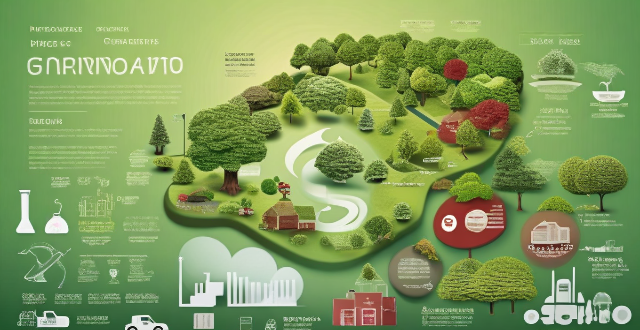
What is the impact of waste reduction on global climate change ?
This text discusses the importance of waste reduction in mitigating global climate change, highlighting how it can reduce greenhouse gas emissions, conserve natural resources, and protect ecosystems and biodiversity. It suggests ways to reduce waste such as reducing consumption, reusing items, recycling materials, composting organic waste, and supporting sustainable practices.
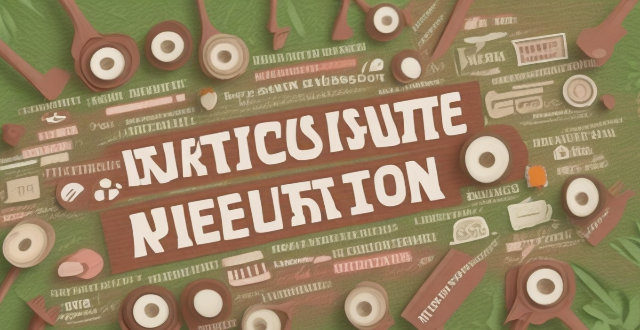
What are the most effective ways to control plastic pollution ?
The text discusses the issue of plastic pollution and its harmful effects on the environment and human health. It provides various methods to control this problem, including reducing plastic use, recycling properly, supporting eco-friendly brands, implementing government policies such as banning single-use plastics, promoting recycling infrastructure, and investing in research and development for sustainable alternatives to plastic. The text emphasizes that controlling plastic pollution requires collective efforts from individuals, businesses, and governments to achieve a cleaner and healthier environment for all living beings on Earth.

What role does waste reduction play in sustainable development ?
The article discusses the importance of waste reduction in sustainable development. It highlights the environmental, economic, and social benefits of waste reduction, including conservation of natural resources, protection of ecosystems, climate change mitigation, cost savings, job creation, innovation and efficiency, public health, education and awareness, and community engagement. The article emphasizes that waste reduction is an essential component of sustainable development and encourages individuals, businesses, and governments to take action to reduce waste.

How can governments promote waste reduction initiatives among citizens ?
Governments can promote waste reduction initiatives among citizens through education campaigns, incentives, regulations, community involvement, research and development, and public infrastructure investments. These strategies aim to raise awareness, encourage sustainable practices, enforce compliance, engage communities, fund innovative solutions, and establish efficient waste management systems.

What are the most effective strategies for waste reduction in households ?
Effective Strategies for Waste Reduction in Households 1. Reduce: Buy only what you need, choose products with less packaging, and use reusable items. 2. Reuse: Donate or sell unwanted items and repurpose old items for new uses. 3. Recycle: Separate recyclable materials, know what can be recycled locally, and compost organic waste. 4. Avoid Single-Use Plastics: Bring your own reusable bags and use refillable containers. 5. Educate Yourself and Others: Learn about waste reduction and share tips with friends and family.
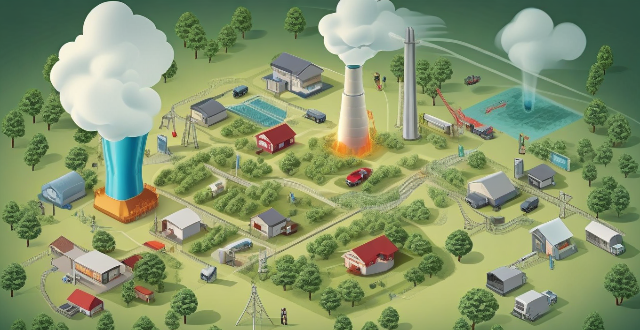
What is the relationship between waste reduction and energy conservation ?
The article discusses the relationship between waste reduction and energy conservation, highlighting their importance in promoting sustainable development. Waste reduction strategies such as recycling, composting, reusing materials, and reducing packaging conserve natural resources, reduce landfill space, and lower greenhouse gas emissions. Energy conservation measures like using energy-efficient appliances, improving insulation, and promoting renewable energy sources lead to lower energy costs, reduced greenhouse gas emissions, and promote sustainable development. The practices are interconnected, with recycling saving energy, composting reducing energy use, reducing packaging saving energy, energy-efficient appliances reducing waste, and promotion of renewable energy sources conserving energy and reducing waste.
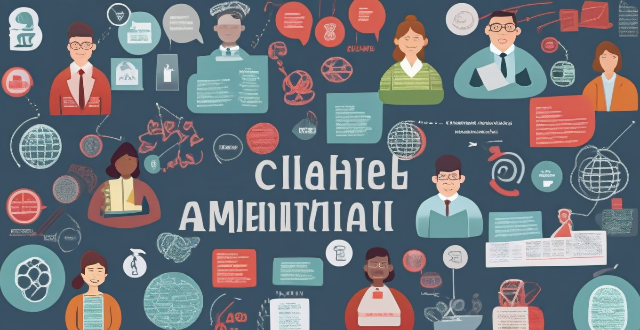
What are the challenges faced by developing countries in implementing waste reduction programs ?
Developing countries face various challenges when implementing waste reduction programs, including lack of funding, limited awareness and education, infrastructure and technology gaps, and weak governance and regulations. Addressing these challenges requires a multifaceted approach that involves increasing financial resources, improving education and awareness campaigns, investing in infrastructure and technology, and strengthening governance structures and regulations related to waste management.

Do hybrid cars produce less pollution than traditional gasoline cars ?
Hybrid cars generally produce less pollution than traditional gasoline cars, but the comparison is not straightforward and various factors must be taken into account.